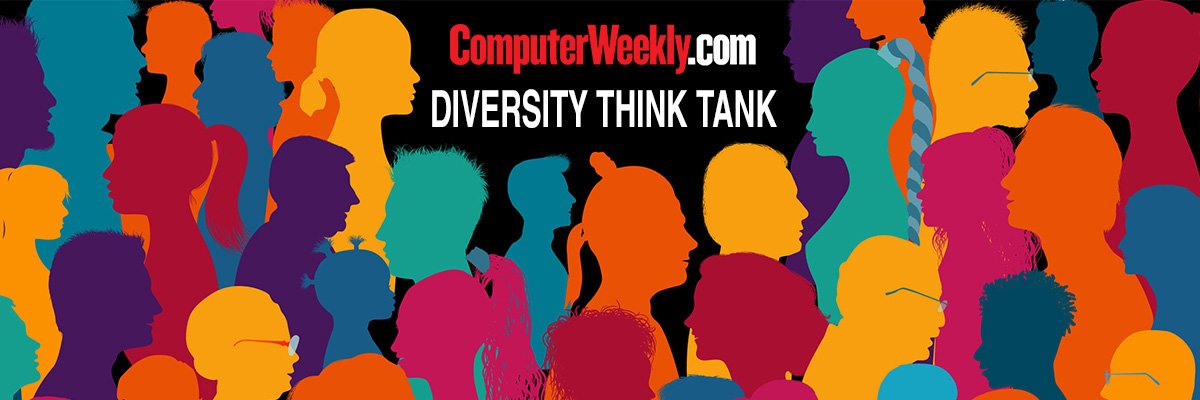
"Inclusion programs look to create a workplace where everyone feels welcome, supported and valued, aiming to enhance an organisation's culture and performance, utilising differing perspectives that are not only present but celebrated."
"Achieving fairness for all individuals by recognizing the strengths and weaknesses of all employees regardless of their background is also a focus for these programmes, as well as investing in their growth and development appropriately."
"Together, these initiatives are essential for driving innovation and creating a more equitable and inclusive world."
"Critics argue that these programmes prioritise hiring individuals based solely on their race and gender rather than their qualifications, skills and any individual merit."
Inclusion programs focus on fostering workplaces where diversity is celebrated and all employees feel valued. These initiatives emphasize recognizing differences such as race, gender, age, sexual orientation, and socioeconomic background. The aim is to achieve fairness and support growth for all individuals, ensuring everyone can participate fully in the workplace. Despite the importance of diversity for innovation, some companies are retracting these initiatives amid growing debates fueled by racism and misogyny, asserting that such programs undermine meritocracy by overly focusing on superficial characteristics rather than skills and qualifications.
Read at ComputerWeekly.com
Unable to calculate read time
Collection
[
|
...
]